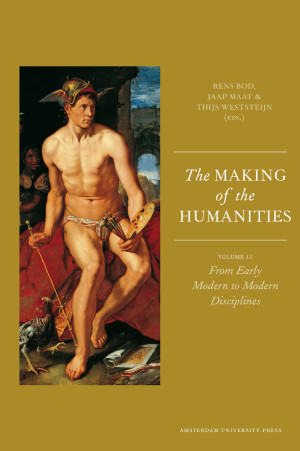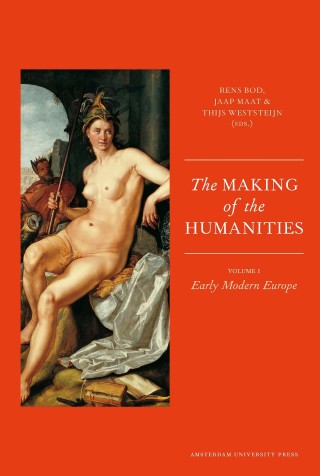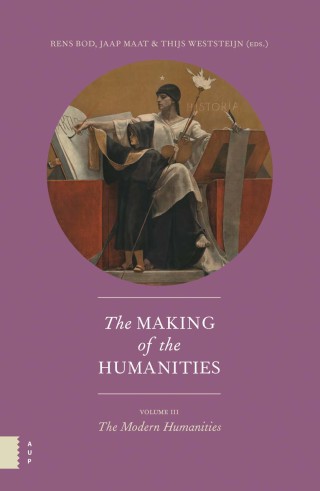The book brings to light a very important moment in the development of Western civilization and perhaps one of its last significant contributions to world culture. The material is fascinating, with numerous implications for the broader fields not only of history and sociology of science and universities, but of nationalism and civilization studies as well. The volume is a real contribution to knowledge, extending far beyond the field to which it ostensibly belongs of the history of the humanities. – Liah Greenfeld, Boston University| "The scholarly editors of this volume have wished to open up the route towards a comparative and interdisciplinary history of the humanities ... bringing to the fore the unity of the field of the humanistic sciences at the onset of the modern era, the interconnections between domains of knowledge that are now separated, and the necessity of approaching the history of the humanities over a longer period. - Sandrine Maufroy on The Making of the Humanities Volume 1 in H-Soz-u-Kult
(les éditeurs scientifiques de ce volume ont souhaité ouvrir la voie à une approche comparative et interdisciplinaire de l’histoire des humanités ...on peut leur reconnaître le mérite de mettre en évidence l’unité du champ des sciences humaines au début de l’époque moderne, les liens entre des domaines du savoir aujourd’hui séparés et la nécessité d’envisager l’histoire des sciences humaines dans la longue durée.)
'Few collections of conference proceedings rival the erudite scope of this second installment of a three-part project; the first volume, subtitled Early Modern Europe (CH, Oct'11, 49-0643) appeared in 2011. Originating from a gathering of predominantly European specialists in linguistics, history, mathematics, science, musicology, literature, and other disciplines, the essayists embrace broad topics and those more narrowly defined. Tracing the development of theories, some to their origins in the 17th century, each selection offers innovative perspectives about the precursors of prevailing intellectual movements in the 19th century, with which the volume is primarily concerned. Each of the 19 essays assembled by Bod, Maat, and Weststeijn (all, Univ. of Amsterdam) deserves mention.
Hybridization, a recurrent idea in this compendium, is developed in a compelling essay by Bart Karstens, who challenges specialization as the driving force in the creation of modern disciplines. Michiel Leezenberg, in delineating the career of 18th-century, Ottoman-born Dimitrie Cantemir, shows convincingly the invalidity of the assumption that Western "knowledge traditions" have displaced "local agency" in the treatment of subjects such as Orientalism (Edward Said notwithstanding). This volume and its companions will prove indispensable to understanding the intricate processes that resulted in forming the modern study of the humanities. Summing Up: Highly recommended. Graduate students, researchers, and faculty.' -- L.A. Brewer, Georgia Northwestern Technical College. Copyright 2013 American Library Association. [In: Choice. Reviews Online. September 2013]



